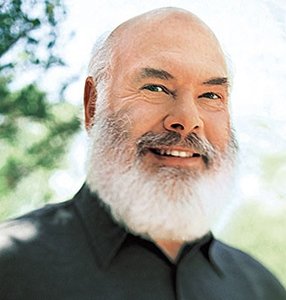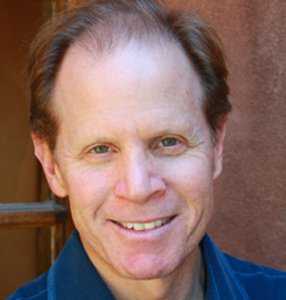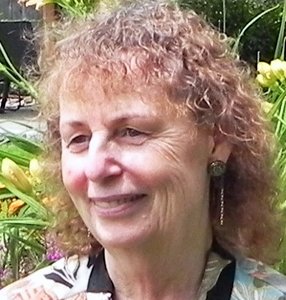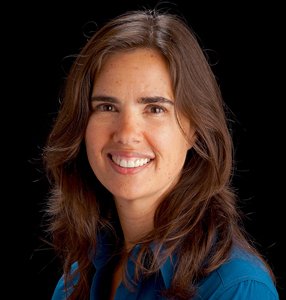These are influencers in health, medicine, mental health and wellness that we admire and whose work we respect and follow. They have pioneered and continue to champion important innovations in health and wellness that we support and attempt to help promote.
Andrew Weil, MD
Andrew Weil received a bachelors degree in biology from Harvard in 1964 and an MD from Harvard Medical School in 1968. He worked a year with the National Institute of Mental Health before writing his first book, The Natural Mind. At present Dr. Weil is Director of the Arizona Center for Integrative Medicine at the University of Arizona, where he is also a Clinical Professor of Medicine and Professor of Public Health. The Center is the leading effort in the world to develop a comprehensive curriculum in integrative medicine. Graduates serve as directors of integrative medicine programs throughout the United States. Through its Fellowship and Integrative Medicine in Residency curricula, the Center is now training doctors and nurse practitioners around the world.
Brené Brown
Brene is research professor at the University of Houston and a Licensed Master Social Worker. She has spent the past two decades studying courage, vulnerability, shame, and empathy. She is the author of five #1 New York Times bestsellers: The Gifts of Imperfection, Daring Greatly, Rising Strong, Braving the Wilderness, and Dare to Lead. Brene says, “The bottom line is that I believe that you have to walk through vulnerability to get to courage, therefore . . . embrace the suck. I try to be grateful every day and my motto right now is ‘Courage over comfort.’ I do NOT believe that cussing and praying are mutually exclusive. I’ve been married to Steve for almost 25 years and we have two amazing kids, Ellen and Charlie, and a weird Bichon named Lucy.”
Dan Siegel, MD
Dan Siegel received his medical degree from Harvard University and completed his postgraduate medical education at UCLA with training in pediatrics and child, adolescent and adult psychiatry. He served as a National Institute of Mental Health Research Fellow at UCLA, studying family interactions with an emphasis on how attachment experiences influence emotions, behavior, autobiographical memory and narrative. Dr. Siegel is a clinical professor of psychiatry at the UCLA School of Medicine and the founding co-director of the Mindful Awareness Research Center at UCLA. He is a Distinguished Fellow of the American Psychiatric Association and the Executive Director of the Mindsight Institute. His psychotherapy practice includes children, adolescents, adults, couples, and families. He serves as the Medical Director of the LifeSpan Learning Institute and on the Advisory Board of the Blue School in New York City, which has built its curriculum around Dr. Siegel’s Mindsight approach.
Bonnie Badenoch, PhD, LMFT
Bonnie Badenoch is the co-founder of Center for Brain-Wise Living, a nonprofit organization dedicated to fostering awareness of the brain, mind, and relationships in the service of creating a more awake and compassionate world. She is the author of Being a Brain-Wise Therapist: A Practical Guide to Interpersonal Neurobiology (W. W. Norton, 2008), and is an active member of the Global Association for Interpersonal Neurobiology Studies (GAINS). She has spent the last thirteen years integrating the discoveries of relational neuroscience into the art of therapy. In 2008, she co-founded the nonprofit agency, Nurturing the Heart with the Brain in Mind in Portland, Oregon to offer this work to the broad community of therapists, healthcare providers, and others interested in becoming a therapeutic presence in the world. Her new book in preparation is The Heart of Trauma: Healing the Embodied Brain in the Context of Relationships. People say that her books fill the gap between science and practice with clarity, compassion, and heart. Learn more at brainwisetherapist.org.
Kristin Neff, PhD
Kristin did her graduate work at University of California at Berkeley, studying moral development with Dr. Elliot Turiel. She is currently an Associate Professor at the University of Texas at Austin. During her last year of graduate school she became interested in Buddhism, and has been practicing meditation in the Insight Meditation tradition ever since. While doing her post-doctoral work, she decided to conduct research on self-compassion – a central construct in Buddhist psychology and one that had not yet been examined empirically. In addition to her pioneering research into self-compassion, she has developed an 8-week program to teach self-compassion skills. The program, co-created with her colleague Chris Germer, affiliated with Harvard Medical School, is called Mindful Self-Compassion. Her book, Self-Compassion, was published by William Morrow in April, 2011. You can learn more at self-compassion.org







